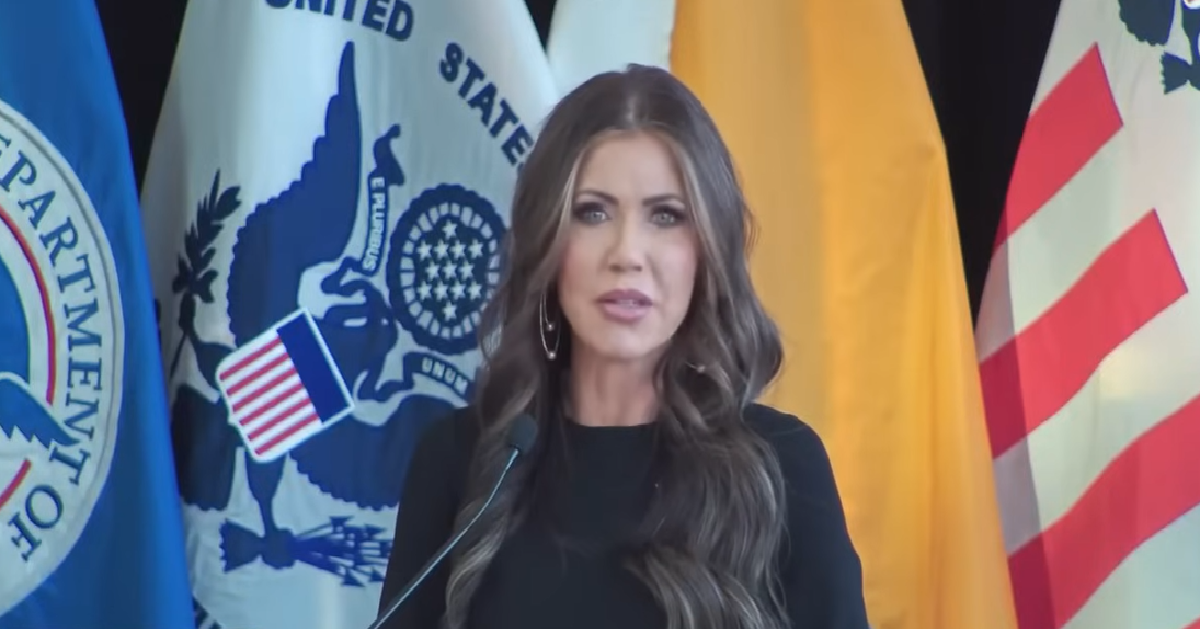Head of FEMA's National Response Coordination Center steps down
Reuters reported in May that over a dozen senior staff members at the U.S. Federal Emergency Management Agency (FEMA) had left their jobs.
That exodus continued last week when another high-ranking figure at the agency announced his resignation.
Head of National Response Coordination Center opts to step down
According to NPR, Jeremy Greenberg told the news outlet that he has left FEMA after leading the National Response Coordination Center for nearly five years.
As NRP explained, the National Response Coordination Center functions as the equivalent of an air traffic control service for first responders.
It tracks the locations of FEMA employees, equipment, and emergency shelters while also coordinating with other federal agencies during disasters.
NPR recalled how then-FEMA administrator Deanne Criswell told Congress that the National Response Coordination Center was activated three days before Hurricane Helene made landfall last year.
Spokesman says that FEMA will remain "laser focused on our mission"
In revealing his decision to depart, Greenberg told NPR that he will remain with FEMA for an additional two weeks and referred all further questions to the agency.
NPR noted that the FEMA did not answer questions regarding who will step in to replace Greenberg as head of the National Response Coordination Center.
However, a spokesperson said in an email that "FEMA has the right leadership in place to continue to be laser focused on our mission and are fully prepared for Hurricane season."
For his part, President Donald Trump suggested shortly after coming to office that FEMA should be abolished, arguing that its duties could be better carried out by state governments.
Trump: "We want to wean off of FEMA" and empower the states
As CBS News pointed out, the president reiterated those sentiments when he spoke with reporters in the Oval Office last week.
"We want to wean off of FEMA and we want to bring it down to the state level — a little bit like education, we're moving it back to the states," Trump was quoted as telling the journalists.
"It has not worked out well," the president said of FEMA. "It's extremely expensive and, again, when you have a tornado or a hurricane or you have a problem of any kind, in a state, that's what you have governors for."
"They're supposed to fix those problems, and it's much more local and they'll develop a system, and it will be a great system," Trump went on to add.






